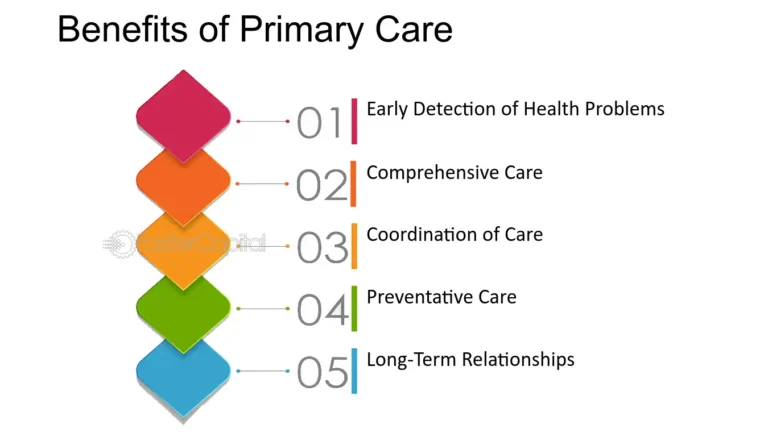Primary care plays a significant role in supporting long-term wellness by serving as the foundation of healthcare. It provides individuals with consistent, ongoing guidance to help maintain their health and address concerns before they escalate. By fostering a collaborative relationship between patients and healthcare providers, they serve as an integral component in promoting well-being over the years.
Building a Relationship With Your Primary Care Physician
Establishing a strong relationship with a primary care physician can provide individuals with personalized and consistent healthcare. Over time, this relationship allows physicians to better understand a patient’s medical history, lifestyle, and risk factors. This familiarity helps physicians make informed decisions when managing patients’ health.
Trust builds as patients communicate regularly with their providers, enabling open discussions about symptoms and wellness goals. With this ongoing connection, patients may feel more comfortable addressing concerns, helping physicians provide proactive and effective care. Building such a partnership facilitates patients’ working collaboratively toward a healthier future.
How Regular Checkups Contribute to Lifelong Wellness
Routine primary care visits offer an opportunity to identify potential health risks early. Physicians can observe patterns in health data, such as blood pressure or cholesterol levels, to detect changes before they develop into more complex issues. These proactive measures address concerns early, reducing the likelihood of more intensive interventions later.
Physical exams during these visits help reinforce healthy habits and provide preventive care. Screenings, vaccinations, and lab tests identified through these appointments support wellness across all stages of life. Consistent care allows individuals to maintain their health and build a sustainable foundation for the future.
Benefits of Staying Engaged With Primary Care
Remaining engaged with primary provider can lead to more personalized guidance and a better understanding of one’s overall health. By working closely with their physician, patients receive tailored advice designed to meet their evolving needs. This collaborative approach empowers individuals to stay informed and take ownership of their health.
They also promote continuity of care, which allows physicians to better monitor progress over time. This ongoing engagement strengthens a proactive approach to healthcare that adapts as patients experience new life stages or medical challenges. Patients benefit from receiving care grounded in an in-depth understanding of their overall health history.
Coordinating Specialty Care Through Your Provider
When more specialized expertise is necessary, primary providers can facilitate access to specialists and coordinate care. This involvement helps to streamline communication between healthcare professionals, ensuring that all aspects of a patient’s health are considered. With every specialist connected through a central provider, treatment plans can be more cohesive and effective.
Primary providers also assist in managing follow-up appointments, results, and ongoing treatments. This coordinated effort minimizes gaps in care and simplifies what could otherwise be a fragmented process. Relying on a primary care connection ensures greater support when navigating the broader healthcare system.
Schedule a Visit Today
Primary care serves as a foundation for long-term wellness, supporting everything from preventive care to coordinated specialty treatments. By fostering a partnership between patients and healthcare providers, primary care facilitates proactive and comprehensive health management. Whether scheduling a routine checkup or addressing a specific concern, establishing regular care makes a difference. Regular visits and open communication help create a personalized care plan designed to meet your unique needs. Schedule an appointment now to prioritize your wellness and stay engaged with your health.

